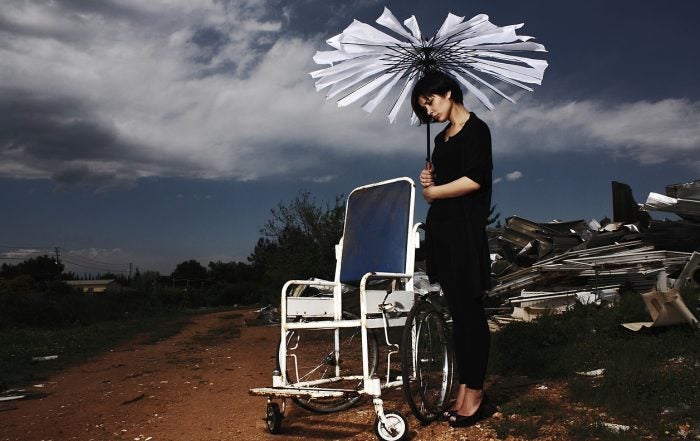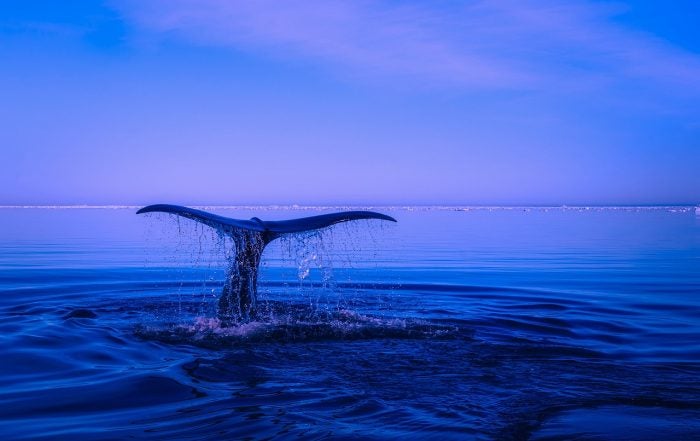Home » Articles posted by Aggie Transcript
Author Archives: Aggie Transcript
Fat to the rescue?
By Sabrina Lazar, Cell Biology ‘20 Author’s note: After attending an interesting meeting on cytoskeleton dynamics in the weekly Joint Seminars in Molecular Biology series, I wanted to learn more about the subject and found Anna Franz and her colleagues’ recent paper about fat cells in Drosophila, a model organism I work with and is […]
A Review of Personalized Cystic Fibrosis Treatments: Genotype-Phenotype Relationships
By Daniel Erenstein, Neurobiology, Physiology, and Behavior, ‘20 Author’s Note: One of the major assignments in my Writing in Science (UWP 104E) course was a literature review on some current topic of scientific interest. The process involved in understanding prior research on a topic and in predicting a field’s future directions was challenging. Along the […]
Solving the Organ Shortage
By Sofie Bates Author’s Note: At the American Association for the Advancement of Science (AAAS) annual meeting this year, I had the opportunity to listen to Dr. Pablo Ross from UC Davis present in a panel discussion on gene editing to create xenogeneic organs. I wrote this article to highlight interesting research that is being […]
Odontoblasts’ Secondary Mechano-sensory Role
By Michael Mears, Biological Sciences, ‘17 Author’s Note: I am interested in studying dentistry in future graduate studies, and have always wanted to learn more about the topics it has to offer. After taking a class focusing on neurons, it made me curious as to how the sensory abilities of teeth play out. I was […]
Monocarboxylate Transporter 1’s Facilitation of Cancer Cell Activity
By Rachel Hull, Biochemistry and Molecular Biology, ’19 Author’s note I originally wrote this paper for my Biological Systems class, the instructor of which was interested in researching the physiological role of monocarboxylate transporter 1 (MCT1). He instructed his students to write an essay exploring this role in any way they wanted, and I chose […]
Organization and Localization of Septins Changes After Autophagy Induction in Yeast
by Bukre Coskun, Cell Biology ‘18 Authors Note: I wrote this mini journal article for my MCB 140L class. The class focused on the role and structure of septins, a group of proteins that are associated with several biological pathways, like autophagy. I chose to write about a set of experiments we did using yeast-two […]
Understanding the Tumultuous Trajectory of a Concept in The Gene
By Daniel Erenstein, Neurobiology, Physiology, and Behavior, ‘19 Author’s Note: In my Writing in Science (UWP 104E) course, Dr. Brenda Rinard assigned us a review of a classic book in science. My interests in social history and the genetics of disease inspired me to read Siddhartha Mukherjee’s The Gene: An Intimate History. The following book […]
A Conversation with Dr. Kate Scow: “I just totally lost my heart to soil”
By Sara Ludwick, Environmental Science and Management, 2019 Author’s note: I read about Dr. Scow’s research while looking for a faculty member to interview for a class assignment. She is a professor of Soil Science and Microbial Ecology at UC Davis, and her research emphasizes microorganisms’ roles in providing ecosystems services. Dr. Scow was featured […]
Shouldering the Pain
By: Cathy Guo, Biochemistry and Molecular Biology, ‘18 Author’s Note: “This is a reflective case study I wrote for UWP104F (Writing in the Health Profession) about a patient’s illness experience with chronic pain. After conducting an interview with the patient, I became intrigued by the controversial aspects of her ailment, and drew on research […]
The Effect of Aging On Our Immune System: A Review
by Bukre Coskun, Cell Biology ‘18 Author’s Note: I became interested in the immune system and the role of the thymus after taking an immunology class where I learned about how T-cells are distributed throughout our body. I wanted to explore this subject more after learning that the thymus, an organ that is integral to the […]

